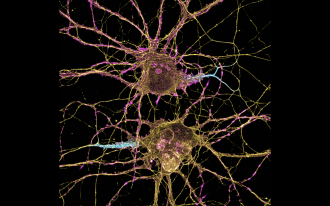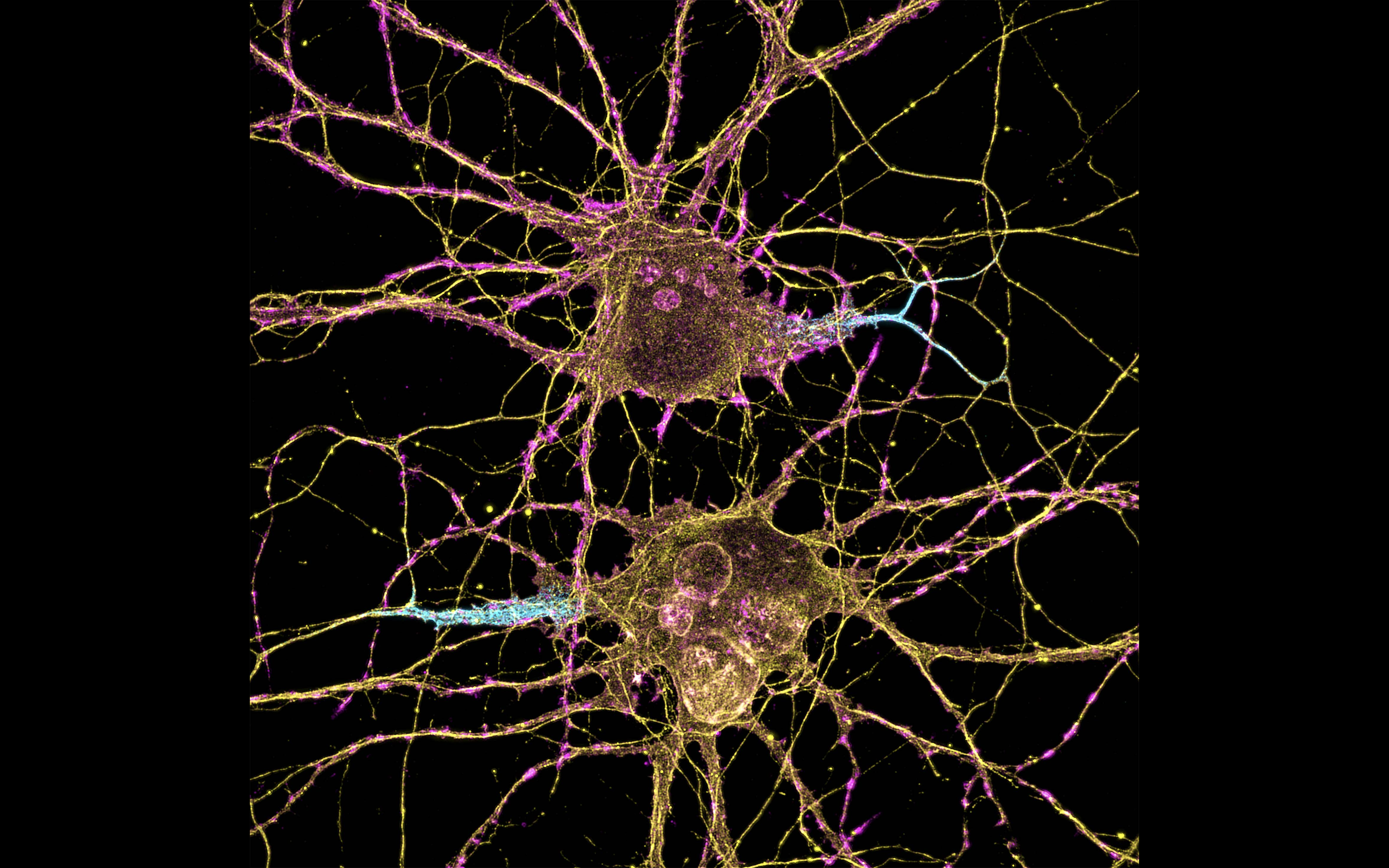News release
From:
Recruiting now: clinical trial to slow Parkinson’s disease
A clinical trial will assess treatments to potentially slow the progression of Parkinson’s disease and investigate the ability of a patient’s genetic makeup to guide personalised therapy.
Researchers are now recruiting participants for a clinical trial aimed at slowing the progression of Parkinson’s disease, a debilitating neurological condition that affects more than 150,000 people in Australia alone.
The team from the Garvan Institute of Medical Research, Macquarie University and the University of Sydney will assess if two medicines, which are currently used to treat other conditions, can help protect nerve cells from the damage that occurs in Parkinson’s and aim to identify genetic factors that could predict which treatment is most effective for which patient. The trial is part of the Australian Parkinson’s Mission (APM), an innovative research program combining clinical trials with genomics research and biomarkers to develop a precision medicine approach for slowing progression in Parkinson's disease.
New hope for Parkinson’s disease
Parkinson’s disease is a progressive degeneration of the nervous system that leads to a wide range of symptoms including tremor, muscle stiffness and slowed movement. Current medications for Parkinson’s can treat symptoms but are not able to slow disease progression.
The APM002 trial will recruit 240 participants across eight sites around Australia (in NSW, VIC, QLD and SA), who are aged 25 to 80, have been diagnosed with Parkinson’s disease and have been on stable treatment for at least four weeks.
The trial will evaluate two potential treatments, alone and in combination, for their ability to protect against the cellular changes that occur in Parkinson’s disease. One medication is currently used to clear congestion in the treatment of respiratory diseases and the other is an antibiotic widely used to treat infections. Research participants will receive one of three possible treatments, or placebo, while they continue their usual Parkinson’s medication.
Central to the trial is genomic sequencing of patients. Through APM002, the researchers aim to determine genomic variations that reveal distinct subtypes of Parkinson’s, which could predict an individual’s treatment response potentially helping to match patients to the most effective therapy for them.
Associate Professor Antony Cooper, Research Director of the Australian Parkinson’s Mission at the Garvan Institute, says: “For the first time, we are investigating the exciting possibility that genes can guide a precision medicine approach for the over 90% of people with Parkinson’s whose cause of disease is currently unknown. This approach is potentially transformative for patient outcomes.”
Professor Simon Lewis, APM Clinical Lead at Macquarie University, says: “Until now, we have only been able to support Parkinson’s patients by treating their symptoms, not the cause of disease. Now, we are able to give patients hope of slowing down their disease progression.”
Professor Glenda Halliday, APM Scientific Lead at the University of Sydney, says: “The APM trials are novel in that for the first time in the same trial, we are able to use blood biomarkers to evaluate multiple pathways that we believe underpin the pathology of Parkinson’s.”
For more information or to express your interest, please email: info@theapm.org.au.
This study is supported by the Medical Research Future Fund and has been approved by the Bellberry Human Research Ethics Committee (2023-02-126).
The Australian Parkinson’s Mission was launched in 2019 as an Australian-led international collaboration between the Garvan Institute of Medical Research, the University of Sydney, Shake It Up Australia Foundation, the Cure Parkinson’s Trust (UK), The Michael J. Fox Foundation (USA) and Parkinson’s Australia.
Associate Professor Antony Cooper is a Conjoint Associate Professor at St Vincent's Clinical School, Faculty of Medicine and Health, UNSW Sydney.
Professor Simon Lewis is a Consultant Neurologist and Professor of Cognitive Neurology at Macquarie University.
Professor Glenda Halliday AC is Professor of Neuroscience at the Brain and Mind Centre, University of Sydney.
Multimedia




 Australia; NSW
Australia; NSW


